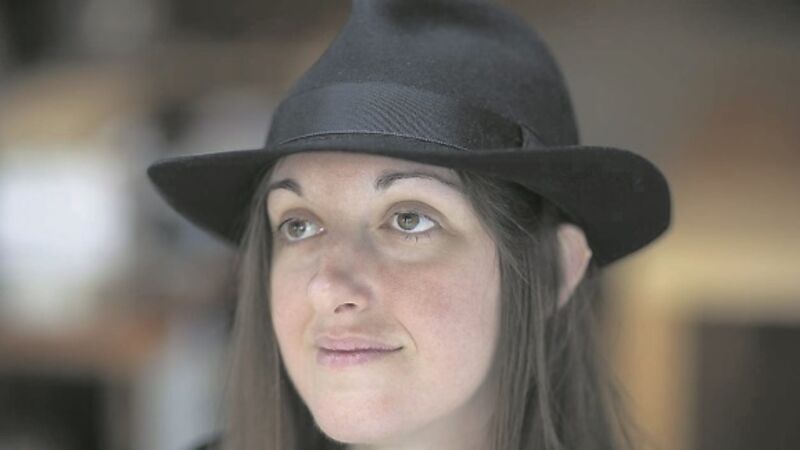Dogged novelist Frances Hardinge is no fly-by-night

FRANCES Hardinge loves to walk. It was on “a trek through Thames Park, halfway across Richmond”, in London, that she happened upon “the key seed idea” for her award-winning novel, The Lie Tree.
“Rather frustratingly, I can’t actually remember the build-up to it,” says the 43-year-old, “but I can remember the moment itself. I remember thinking, ‘I really can use this. I don’t know what sort of emotional resonance I can get with it, but I know that something will fit with this idea of a tree that feeds on lies and bears fruit containing secrets.”











